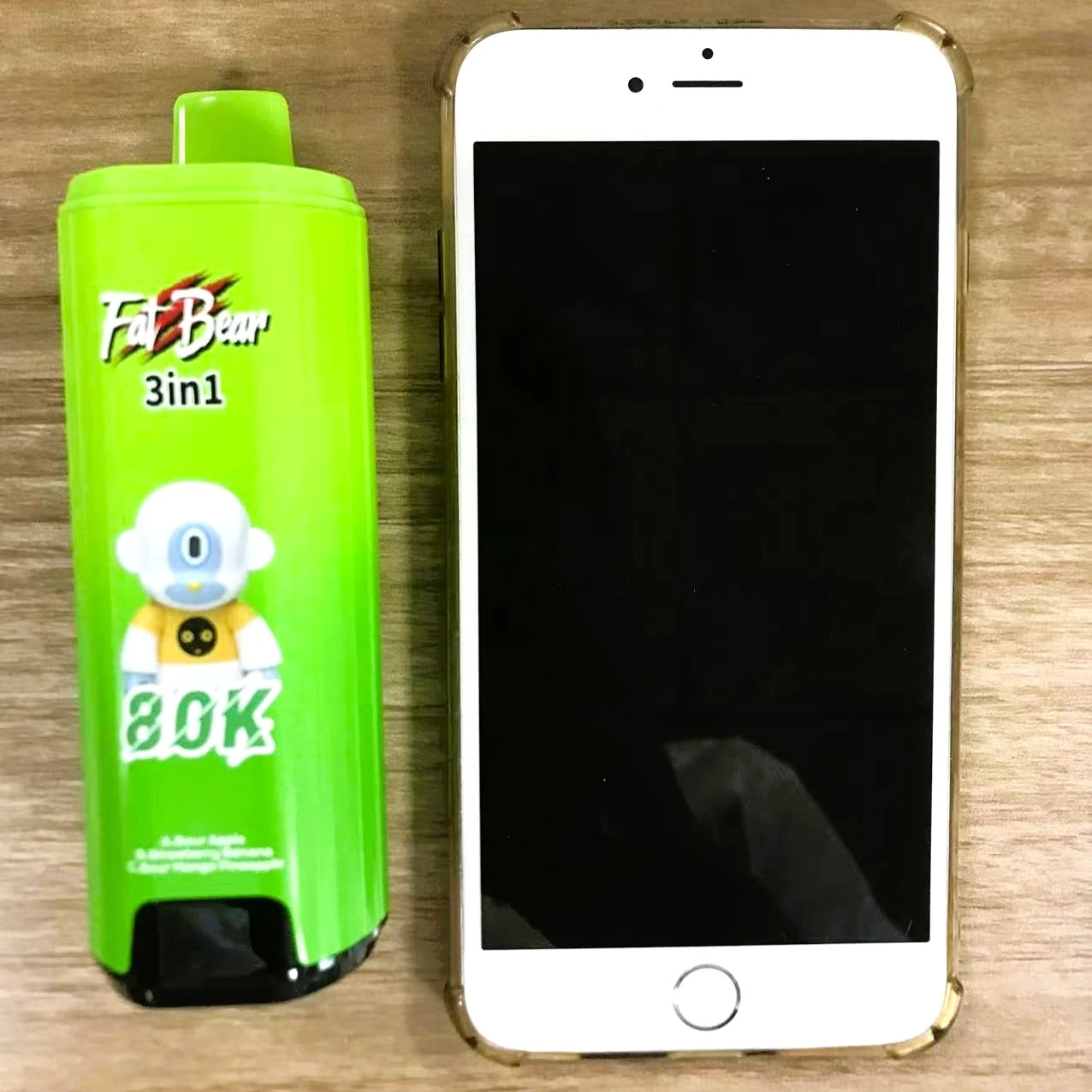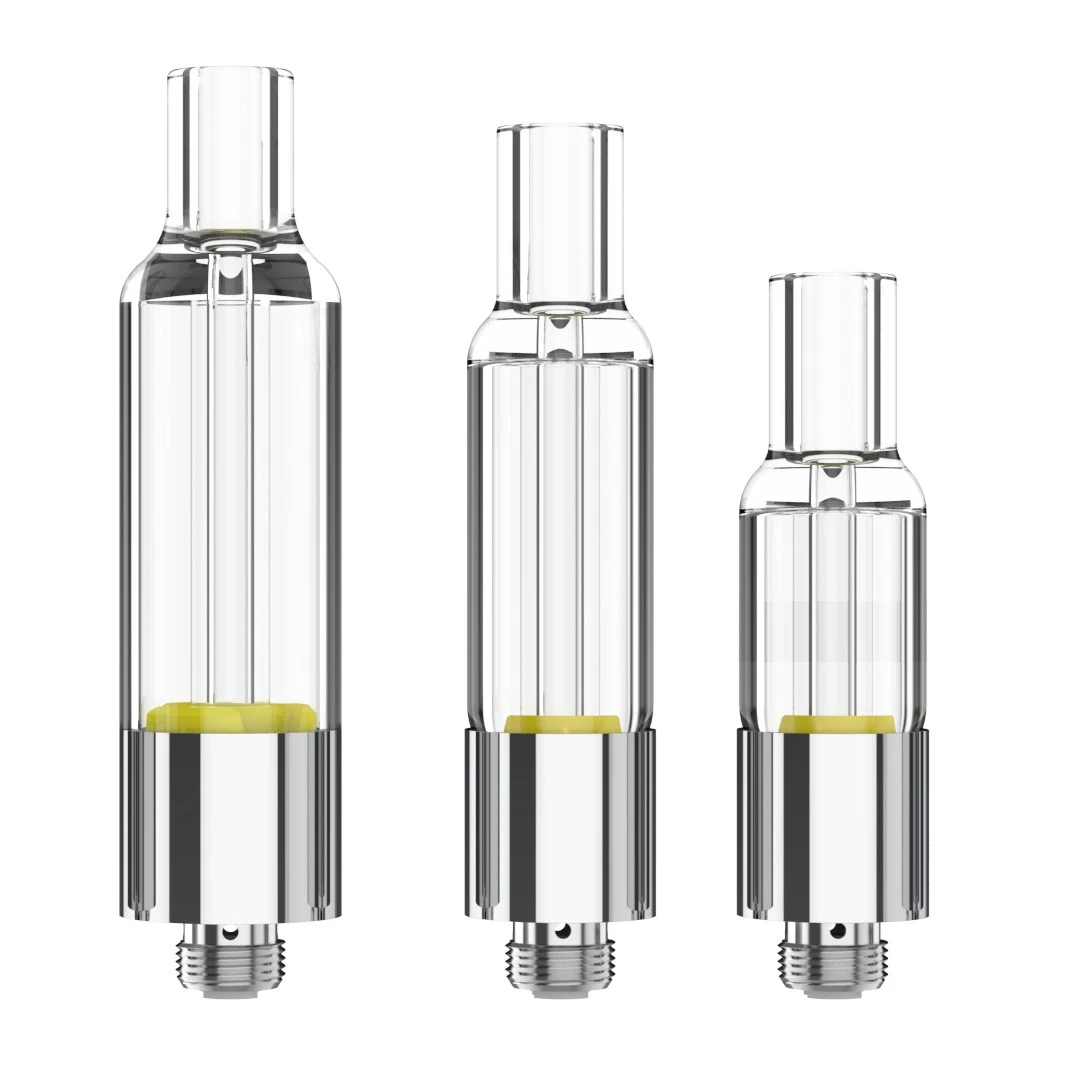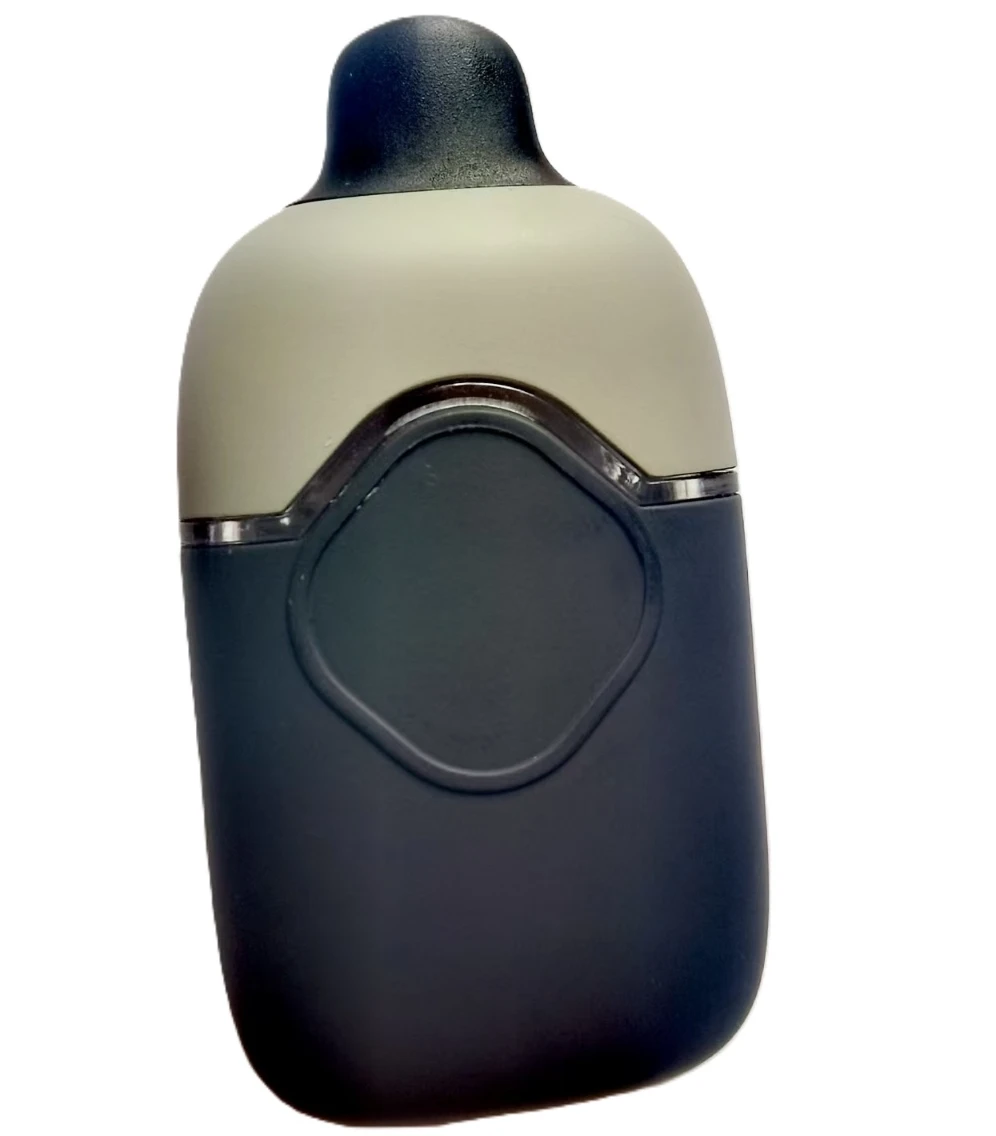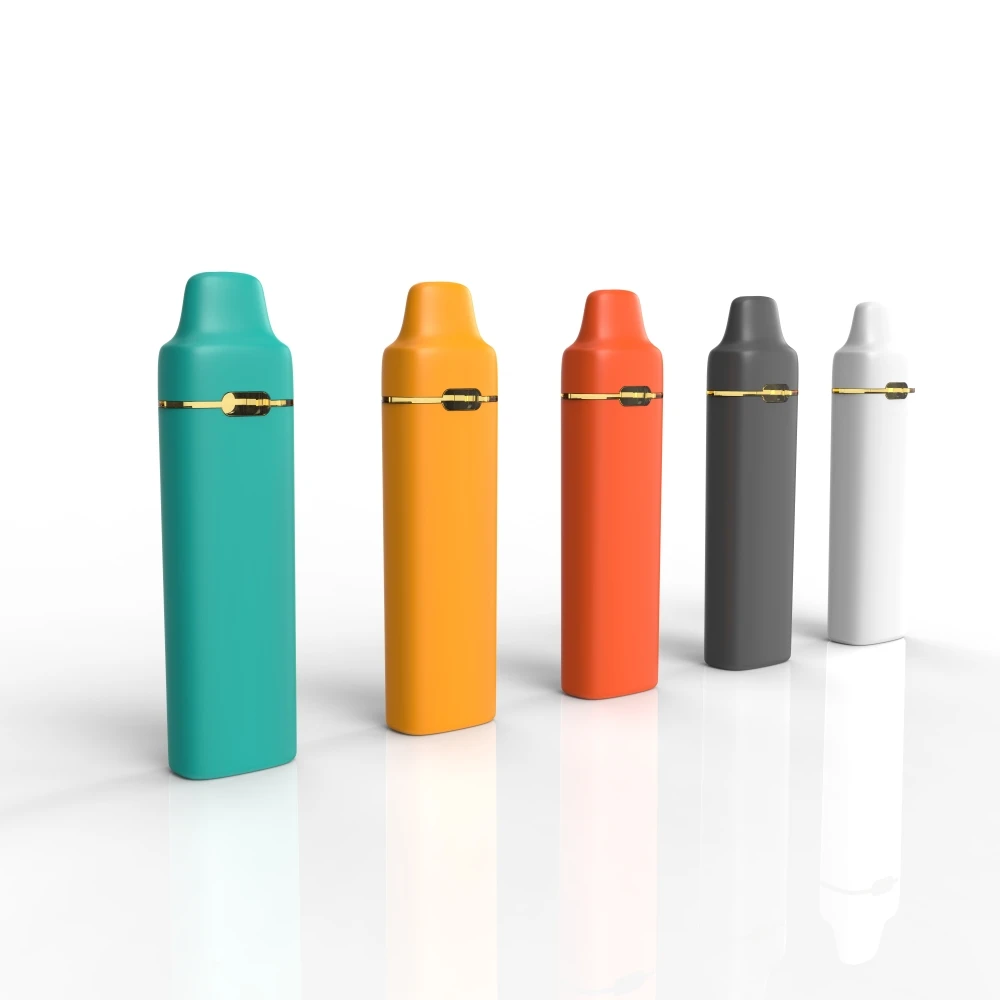A closer look at the 2025 New Creative Pipe Style Open Pod Vape
Pipe-style vapes have been quietly staging a comeback. Not just nostalgia—ergonomics and flavor geometry, if I can call it that. The hand feel is familiar, the vapor path is longer, and with mesh coils the flavor is… surprisingly layered. I spent the past month talking with distributors in Bao’an and a couple of bar owners in Shanghai; the consensus is similar: if an open pod system is mess-free and consistent, it sells. That, I guess, is where the 2025 New Creative Pipe Style Open Pod Vape tries to land.
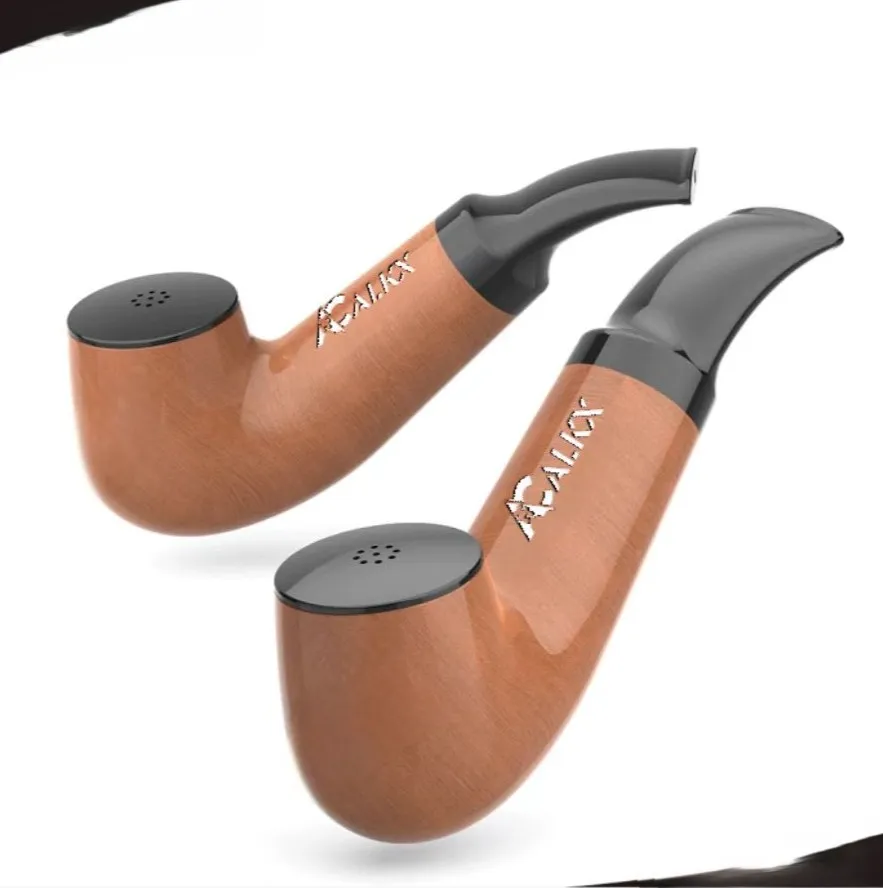
Industry trend check-in
Two currents define 2025: open systems returning (users want control over nicotine levels) and leak-resistant cartridges. Mesh coil adoption is basically default now. Oil Core Separation technology is the other big story—real-world returns due to seepage are down across vendors, though the spread is wide.
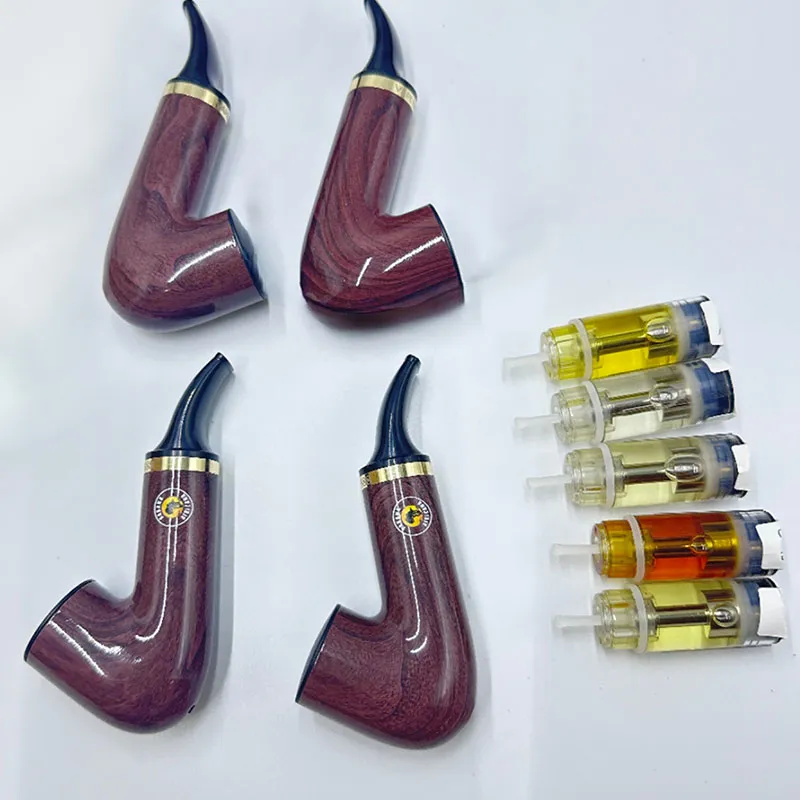
Key specifications
| Puffs (≈) | Up to 3000 (real-world use may vary) |
| E-liquid capacity | 5 ml (open pod) |
| Battery | 980 mAh rechargeable; Type‑C |
| Nicotine options | 0%, 2%, 3%, 5% |
| Coil | Mesh coil (optimized for smooth MTL) |
| Leak control | Oil Core Separation architecture |
| Origin | No.1216, XinSha Rd, Shajing St, Bao’an, Shenzhen |
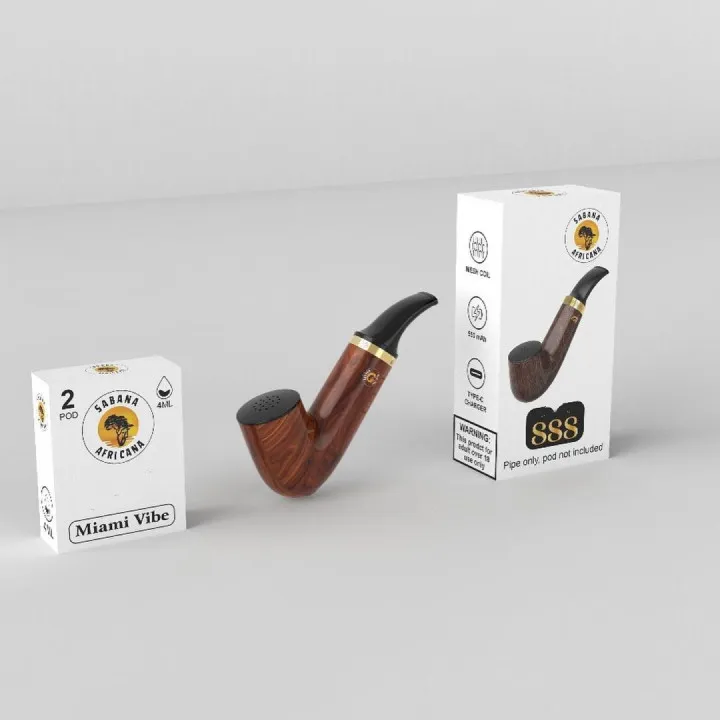
Materials, process, and testing
- Materials: PCTG pod, food‑grade silicone seals, aluminum alloy stem, Kanthal mesh with cotton blend wick.
- Assembly: ultrasonic welding for pod seams; vacuum filling; 24‑hour conditioning to stabilize pressure.
- Testing standards: ISO 20768 aerosol emission method (lab), UN38.3 transport for cells, IEC 62133‑2 battery safety, RoHS/CE compliance checks.
- Service life: ≈3000 puffs per pod; battery retains ≥80% capacity after ≈300 cycles (typical lab data).
- Leak & thermal tests: 40°C/70% RH, 72h; mass loss ≤0.2 g (n=30 pods). Drop test: 1.0 m, 6 faces, no catastrophic leaks.
Where it fits
Travel, lounge bars, hotel patios, and frankly, anyone who wants the classic pipe grip with open‑pod flexibility. Many customers say the draw is quiet—handy for shared spaces. The Type‑C recharge is quick; I usually top up between meetings rather than fully drain, which seems fine.
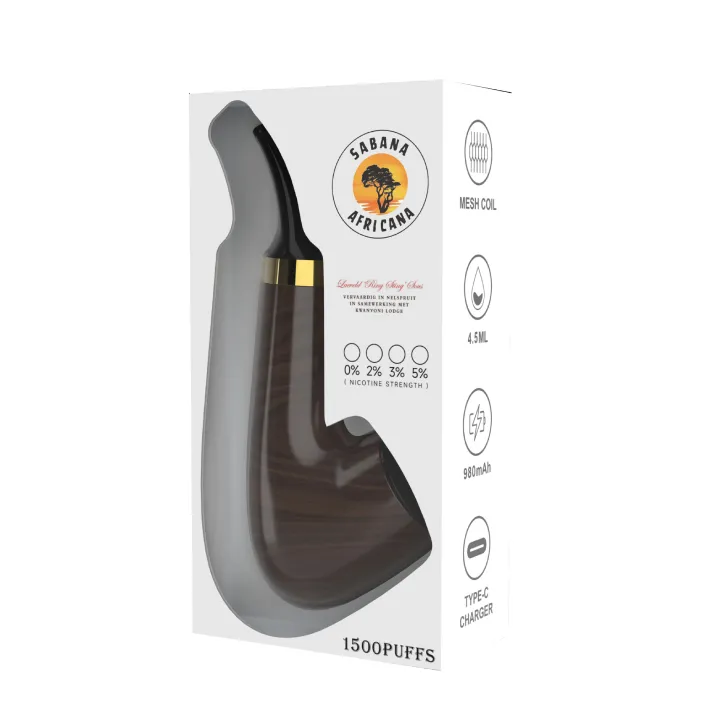
Advantages that stood out
- Flavor stability: mesh coil keeps notes consistent across the tank.
- Open pod control: pair 0% to 5% depending on regulations or personal preference.
- Leak mitigation: Oil Core Separation reduces soak-through during shipping—distributors notice this first.
- Ergonomic pipe silhouette: comfortable, yes, but also visually distinctive for retail displays.
Vendor snapshot (quick comparison)
| Vendor / Model | Coil | Capacity | Battery | Charging | Nic options | Certs (≈) |
|---|---|---|---|---|---|---|
| ICoolVape 2025 New Creative Pipe Style Open Pod Vape | Mesh | 5 ml | 980 mAh | Type‑C | 0/2/3/5% | CE, RoHS, UN38.3 (cells) |
| Competitor A Pipe Pod | Mesh | 3–4 ml | 600–800 mAh | Type‑C | 2/5% | CE, UN38.3 |
| Competitor B Stick Pod | Wire | 2 ml | 500 mAh | Micro‑USB | 2/3% | Basic CE |
Customization and compliance
Private labeling, finish colors, and nicotine strengths are straightforward. For regulated markets, distributors typically request batch CoA for e‑liquid ingredients and battery test summaries (UN38.3, IEC 62133‑2). Lead time, to be honest, depends on finish complexity.
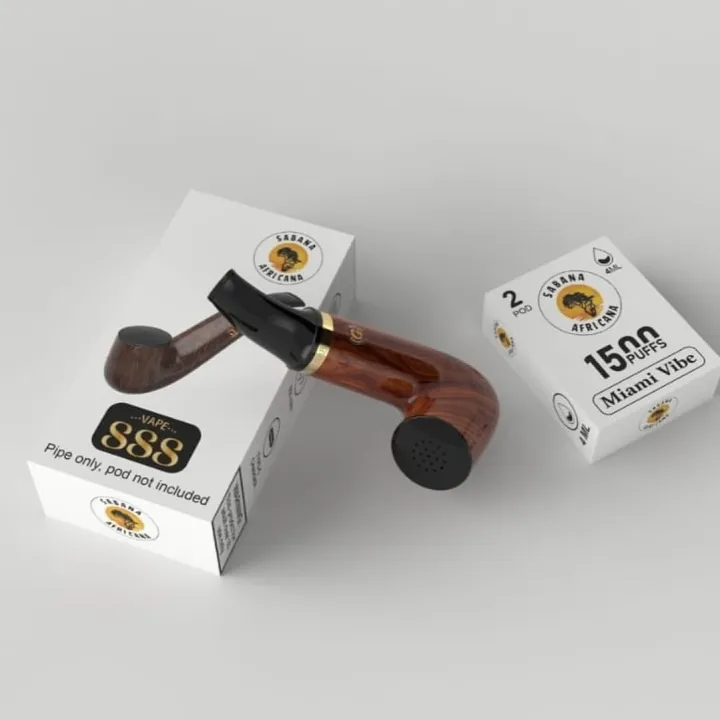
Case notes from the field
A mid-size lounge chain in Guangzhou piloted 300 units of the 2025 New Creative Pipe Style Open Pod Vape. Over eight weeks, return rate for leakage was ≈0.9% vs 3.2% on their previous stick pods (n=300 vs n=420; internal tracking). Staff feedback was mostly about the comfortable grip and the quieter draw. Not scientific, but it aligns with what I’ve been hearing elsewhere.
Final thought
If you want an open pod with a distinctive pipe form, solid leak control, and flexible nic options, the 2025 New Creative Pipe Style Open Pod Vape feels like a safe bet for 2025 retail shelves. Just make sure your market’s labeling rules are squared away.
References
- ISO 20768:2018 — Vape products — Machine for aerosol generation and emissions testing.
- IEC 62133-2:2017 — Safety requirements for portable sealed secondary Li-ion cells and batteries.
- UN38.3 — Recommendations on the Transport of Dangerous Goods: Lithium battery testing.
- RoHS Directive 2011/65/EU — Restriction of Hazardous Substances in electrical equipment.
Post time:Oct - 02 - 2025


